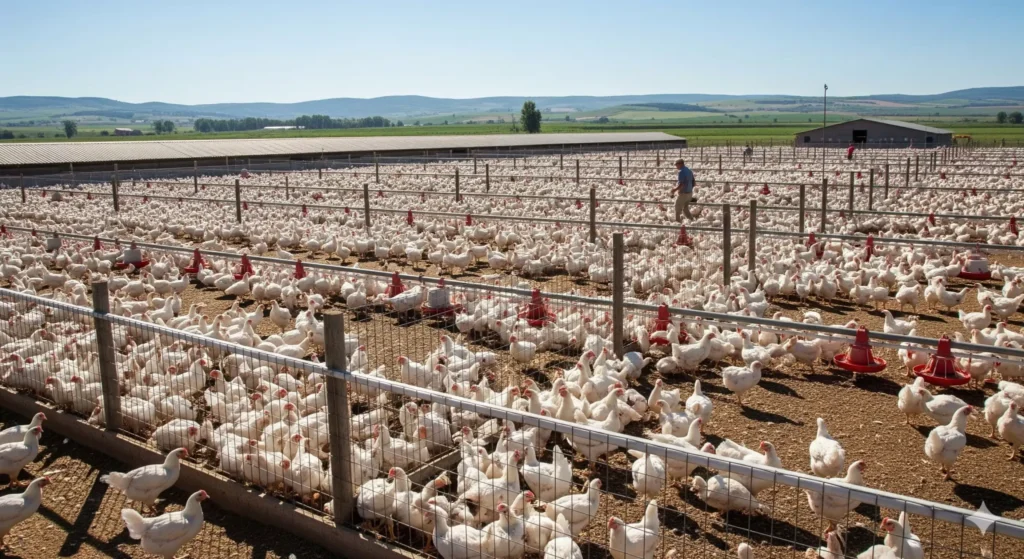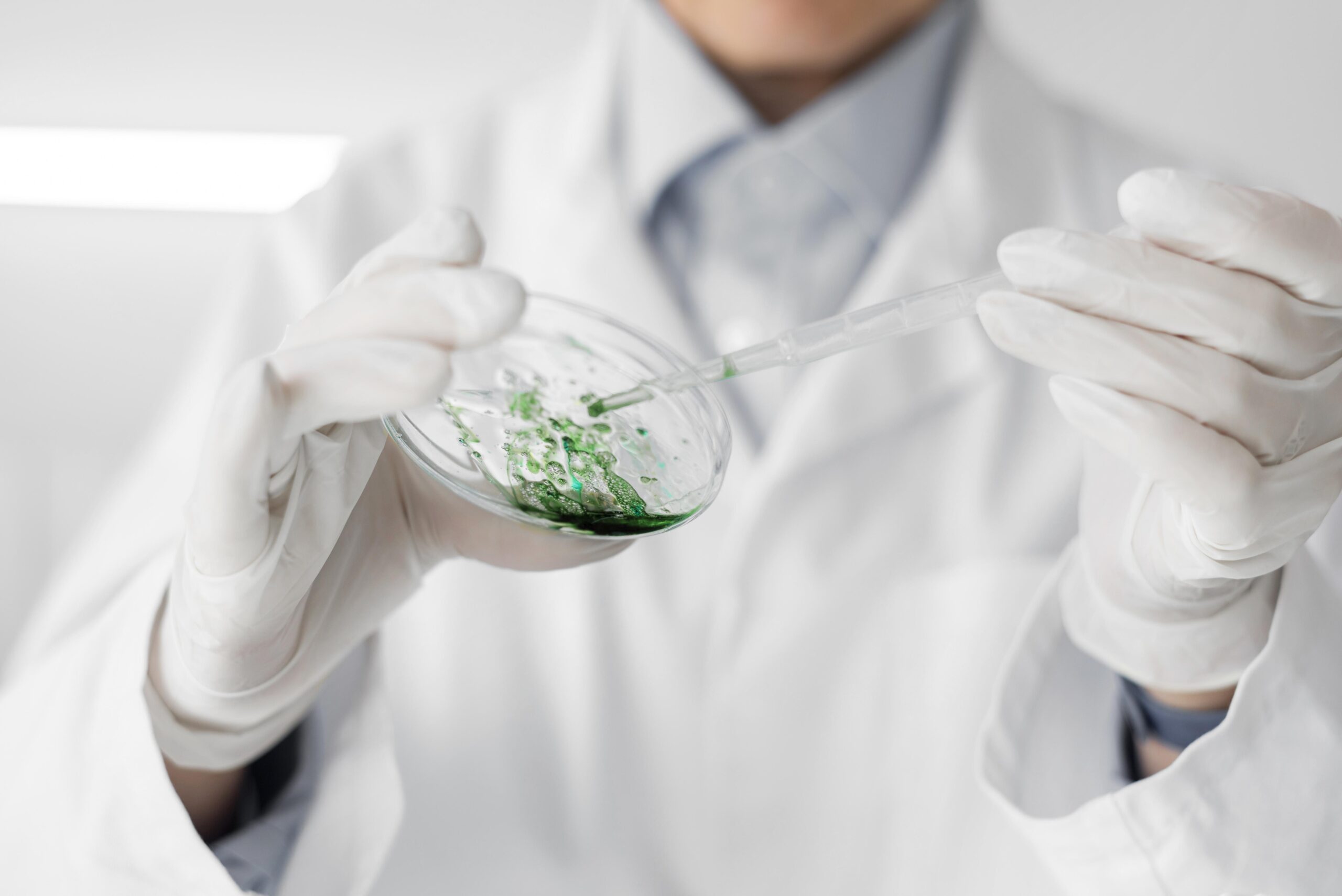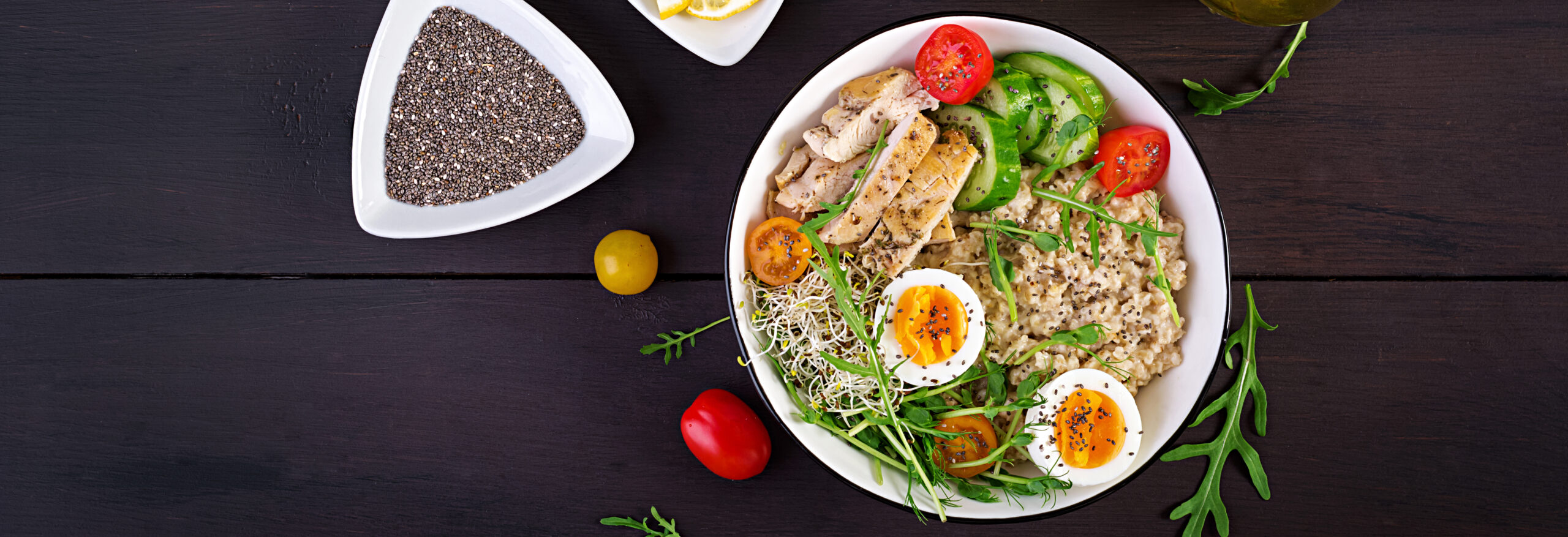In modern animal production systems, managing physiological stress and maintaining immune resilience are critical to optimizing health, performance, and profitability. Environmental challenges, disease exposure, transportation, feed transitions, and high-density housing can all trigger stress responses in animals, leading to immunosuppression, reduced feed intake, and increased susceptibility to infections. Phytocee, a natural, broad-spectrum immunomodulator and antioxidant formulation, plays a pivotal role in addressing these issues by supporting both stress mitigation and immune system function.
Understanding Stress and Immune Suppression in Animals
Stress in animals—whether from heat, cold, weaning, handling, vaccination, or disease—is closely linked with oxidative damage and elevated cortisol levels. These conditions compromise the animal’s natural defense mechanisms. Stress triggers excessive production of reactive oxygen species (ROS), which leads to oxidative stress and cellular damage. This oxidative imbalance hampers immune cell activity and impairs the overall physiological response to pathogens and vaccines.
To counteract these effects, a strong antioxidant defense system and immune support are essential. This is where Phytocee demonstrates its unique value.
What Makes Phytocee Effective?
Phytocee is a synergistic blend of standardized phytogenic extracts with proven antioxidant and immunomodulatory properties. It is designed to enhance the animal’s innate resilience against stress-induced oxidative damage and immune suppression. The product acts on two fronts:
- Stress Management
Phytocee helps regulate the hypothalamic-pituitary-adrenal (HPA) axis and reduces the impact of stress hormones like cortisol. By lowering oxidative stress markers, it helps stabilize cellular functions and supports better adaptation during stress events such as heat stress, transportation, vaccination, or post-antibiotic recovery. Its phytogenic ingredients reduce lipid peroxidation and enhance antioxidant enzyme activities like superoxide dismutase (SOD) and glutathione peroxidase (GPx). - Immune Health Support
Phytocee promotes the activation and proliferation of immune cells such as macrophages, lymphocytes, and natural killer (NK) cells. It also supports cytokine balance and helps in antibody production, ensuring a more robust response to vaccinations and infections. By strengthening the immune barrier, Phytocee reduces the incidence and severity of disease outbreaks in high-stress production environments.
Application Across Species
Phytocee is suitable for use in poultry, cattle, goats, and other livestock. In poultry, it is particularly beneficial during:
- Brooding and early chick development
- Peak laying periods
- Post-vaccination recovery
- Heat stress or climatic transitions
In ruminants, it supports performance during transport, lactation onset, weaning, and periods of dietary or environmental stress.
Conclusion
Phytocee represents a science-backed, natural solution to one of the most pressing challenges in animal farming—managing stress and immune suppression without relying on synthetic compounds. Its dual action of antioxidant protection and immune modulation makes it a valuable tool for veterinarians, nutritionists, and producers seeking to improve animal resilience, welfare, and productivity.
As animal farming continues to shift toward sustainable, residue-free practices, phytogenic solutions like Phytocee offer a reliable path forward—enhancing both animal health and farm economics through nature-aligned innovation.




